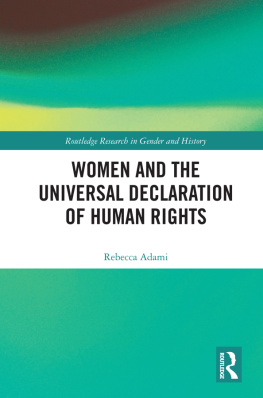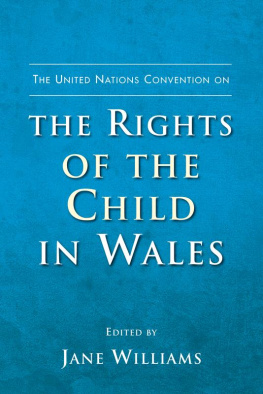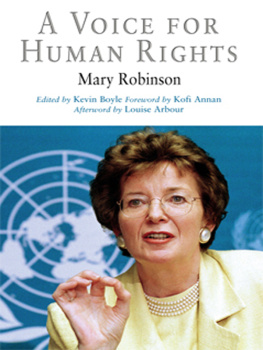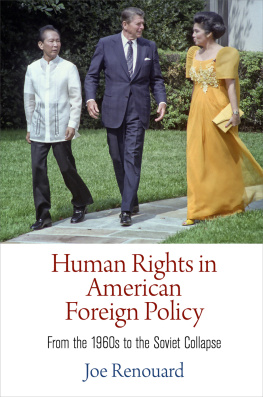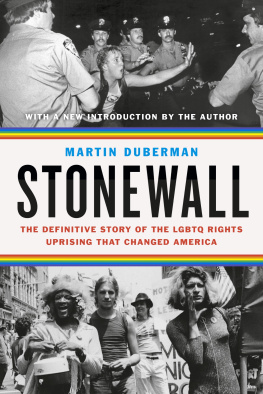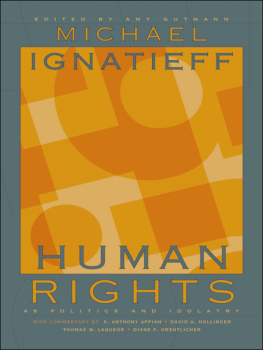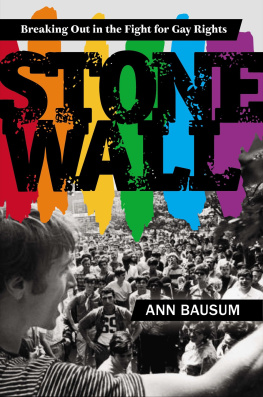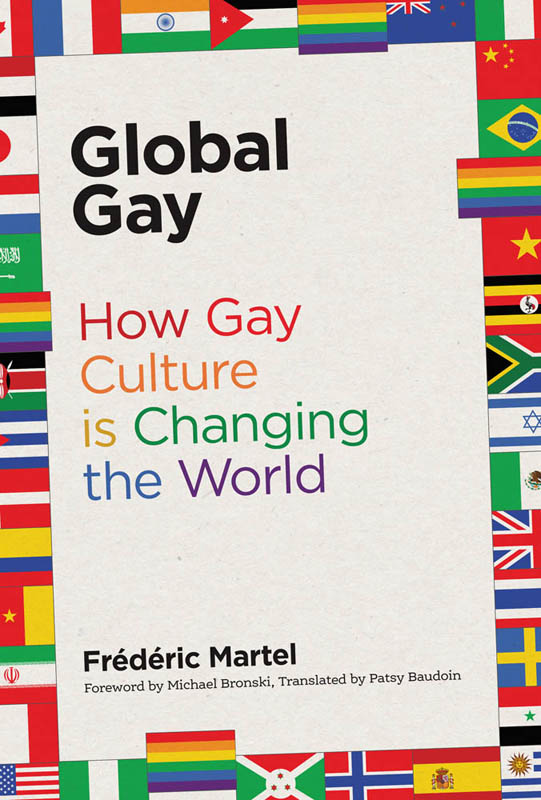Contents
Guide
Pagebreaks of the print version
Global Gay
How Gay Culture Is Changing the World
Frdric Martel
Foreword by Michael Bronski
Translated by Patsy Baudoin
The MIT Press
Cambridge, Massachusetts
London, England
2018 Massachusetts Institute of Technology
Originally published in French as Global Gay: Comment la rvolution gay change le monde Flammarion, Paris, 2013 and 2017.
This work received the French Voices Award for excellence in publication and translation. French Voices is a program created and funded by the French Embassy in the United States and FACE (French American Cultural Exchange).
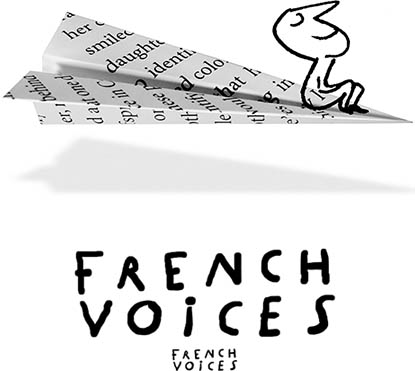
French Voices logo designed by Serge Bloch.
All rights reserved. No part of this book may be reproduced in any form by any electronic or mechanical means (including photocopying, recording, or information storage and retrieval) without permission in writing from the publisher.
This book was set in Stone Serif by Westchester Publishing Services. Printed and bound in the United States of America.
Library of Congress Cataloging-in-Publication Data
Names: Martel, Frdric, 1967 author.
Title: Global gay : how gay culture is changing the world / Frdric Martel; foreword by Michael Bronski; translated by Patsy Baudoin.
Description: Cambridge, MA : MIT Press, [2018] | Originally published: [Paris] : Flammarion, [2013] | Includes bibliographical references.
Identifiers: LCCN 2017038930 | ISBN 9780262037815 (hardcover : alk. paper)
Subjects: LCSH: Gays--Social conditions. | Homosexuality--Social aspects. | Homosexuality--Political aspects. | Gay rights.
Classification: LCC HQ76.25 .M36513 2018 | DDC 306.76/6--dc23
LC record available at https://lccn.loc.gov/2017038930
Contents
Foreword
Michael Bronski
The second decade of the twenty-first centuryjust 150 years after Karl Heinrich Ulrichs and Karl-Maria Kurtbeny, early LGBT rights theorists, ignited the idea of same-sex freedom in 1868we find ourselves in a heady, global maelstrom of unimaginable liberation and continued stark oppression. The contrasts are great, and highlighted by advances in technologies, globalization, shifts in market economies, and recent flare-ups of extreme religiosity. Making sense of this, or even fully grasping the situation, is extraordinarily difficult.
Frdric Martels Global Gay: How Gay Culture Is Changing the World, in this brisk, engaging translation by Patsy Baudoin, confronts the challenge of describing this new, global LGBT world with political sophistication and a considerable amount of energy. Frdric Martel, a leading French sociologist and journalist, having traveled to nearly sixty countries across the world and interviewing activists, politicians, artists, and everyday citizens, has collected an overwhelming amount of evidence that acceptanceor at least toleranceis on the rise across the globe. This, despite the harsh reality that severe repression exists in many areas and at least ten countries still have the death penalty for same-sex activity.
This new, unprecedented, era of acceptance and, in some cases, increasing freedom is due to a number of factors: Western influence on non-Western cultures, broadening understanding of human rights, technological advances in communication, and most notably persistent (and effective) LGBT activism across a wide range of countries and national identities. The good news is that the world is getting better and safer for LGBT people. The real power of Global Gay, and of Martels reporting, resides within the sweep and breadth of the detailsof the amazing diversity and exuberance of queer lives around the world.
Global Gay raises a plethora of questions, some of them old: What is the impact of colonialism on same-sex identity and homophobic laws? What is the role of religion in shaping responses to homosexuality? How does entrenched nationalism shape same-sex relationships? These are the standard questions that political theorists, anthropologists, and sociologists have long asked. Martel considers them, and has thoughtful, complex answers to many. What is fresh hereand this is where the book is the strongestis that he considers these older questions within the context of new questions that radically challenge our fundamental assumptions of why we are asking any of these questions. Global Gay ushers in a new understanding of how we might think about same-sex experience transnationally.
The history of question-asking about same-sex relationships, activities, identitiesin modern shorthand, queernesshas changed radically over the years. From the mid-nineteenth century to the 1980s most inquiries were predicated on finding a universalism in homosexual experience and culture. After the advent of the postmodern diffrance and otherness, this search for universality became outdated, politically suspect. In Global Gay, Martelthrough the objective eye of reporting and easily accessible analysisconsiders both of these perspectives. Without beginning with the presumption of universalization, he manages, by continually broadening his base of informants and building his argument, to find similarities in the shape and scope of identity and behavior. His arguments here are nuanced, and never naive, as he carefully maps lives, social arrangements, and the blending of indigenous and outside cultures that have increasingly been forming new identities and political consciousness.
The volume of information here is impressive. Martel documents same-sex culturesLGBT, queer, homosexual in the older sensein numerous countries including Algeria, Argentina, Cameroon, Cuba, Hong Kong, Jordan, Singapore, Syria, United Kingdom, United States, and Vietnam. It is impossible to sum up all of Martels findings and observations; there are too many, and his comparisons and evaluations of them are complex, provocative, and often startling.
The contradictions in Global Gay are manifest and illuminating. In Tehran (Iran has a death penalty for same-sex behavior) Martel finds that:
The separation between gay and straight is not as clear as one might think. What is striking, however, is the glaring chasm between North and South Tehran. In South Tehran, gay men flirt in parks and are at the mercy of the police; in North Tehran, they go to posh parties, and to some degree are more accepting of their identity. As if homosexuality were limited to practices in South Tehran but can be an identity in North Tehran.
The situation, however, is more complicated: The problem is not so much homosexuality in and of itself, but everything that is considered Western. In addition, although some gay Iranians believe that Mahmoud Ahmadinejad, former president of Iran, is gay, he famously stated on September 24, 2007, at a lecture at Columbia University, that: In Iran, we dont have homosexuals like in your country. This does not exist in our country. In Iran, we do not have this phenomenon. I do not know who told you that we have. This deft dissection of social, cultural, and political tensions defines Martels approach to his material, and we are often left not only with more information but also with more questions than when we began.
Global Gay is replete with surprising events, as well as brave personal and political actions. Take the case of Stuart Koe, an activist and entrepreneur who works in Singapore, a country with no protections of LGBT people, no access to marriage equality, and whose (mostly unenforced) laws criminalize male-male sexual activity. Martel states that in 2005, Koe


